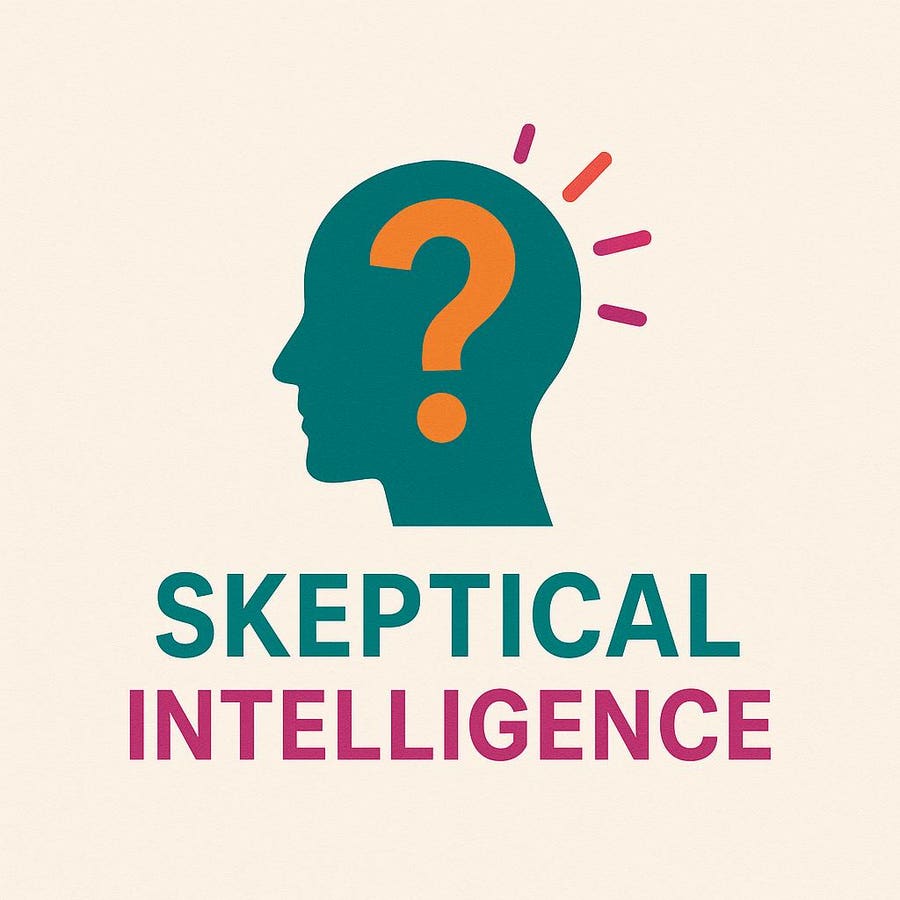Ashutosh Synghal, VP of Engineering at Midcentury Labs, pioneers decentralized AI & secure data exchange.
Imagine a world where every byte of unused data becomes a revenue stream, fueling the next wave of AI innovation. Data marketplaces are transforming how businesses think about value creation, shifting data from a passive asset to an active driver of competitive advantage.
Artificial intelligence and quantum computing are two of the most disruptive forces shaping the global economy today, driving unprecedented investment and fueling stock market gains. AI alone is projected to contribute up to $15.7 trillion to the global economy by 2030, fundamentally transforming industries from healthcare to finance.
By 2025, global data creation is expected to exceed 180 zettabytes—a staggering figure that underscores both the scale of data generation and the challenge of harnessing its full potential. Despite this explosion of information, much of the world’s data remains siloed, trapped within organizational walls and underutilized by those who could unlock its true value.
The Data Marketplace Revolution: A New Equalizer In AI Innovation
Traditional data collection models are reaching their limits. In most organizations, data remains siloed within departments or confined by legal and regulatory barriers. Even companies with vast data reserves often struggle to extract meaningful insights due to fragmented data sources, inconsistent formats and privacy concerns. This fragmentation stifles innovation and prevents AI systems from reaching their full potential.
At the same time, AI systems thrive on diversity and scale. The more varied and comprehensive the dataset, the more effective the AI becomes—improving accuracy, reducing bias and unlocking new capabilities. However, gathering high-quality, diverse datasets internally can be prohibitively expensive and time-consuming, especially in highly regulated industries like healthcare and finance.
Data marketplaces offer a solution: They democratize access to high-quality data, leveling the playing field between tech giants and smaller innovators. These platforms can enable secure, ethical data exchange across industries and organizations. Advanced technologies like blockchain, zero-knowledge proofs and secure multi-party computation ensure that data sharing respects privacy and complies with regulatory standards.
The result? A more collaborative, dynamic ecosystem where businesses can unlock the full potential of their data assets. Companies can tap into a global marketplace to fuel AI systems, drive innovation and gain a competitive edge.
How Businesses Can Leverage Data Marketplaces: A Practical Framework
For organizations ready to capitalize on this emerging opportunity, here are five practical steps to effectively engage with data marketplaces:
1. Assess data assets. Identify and categorize existing data resources based on value, sensitivity and relevance.
2. Establish privacy protocols. Implement frameworks to ensure compliance with global data protection regulations.
3. Identify strategic partnerships. Engage with relevant data marketplaces and explore potential data-sharing partnerships.
4. Develop a data monetization strategy. Define clear objectives for monetizing data, from licensing to collaborative innovation.
5. Track ROI and performance. Measure the impact of data exchange on revenue, operational efficiency and AI model performance.
For industry-specific applications:
• Finance: Use external economic data for refined risk assessment and fraud detection.
• Healthcare: Accelerate drug discovery by collaborating through anonymized patient data exchanges.
• Retail: Personalize customer experiences through real-time data on consumer behavior trends.
A Case For Smarter Data Strategies
A recent example highlighting the potential of smarter data strategies comes from DeepSeek, a Chinese AI innovator that disrupted industry norms by training a highly advanced AI model on reportedly significantly lower-cost and restricted hardware. DeepSeek contends that with efficient data processing, it is possible to achieve breakthrough performance on a fraction of the resources typically required.
DeepSeek’s approach revolved around optimizing data efficiency rather than relying on brute-force computational power. The company reports that by employing techniques like mixture of experts (MoE) architecture, advanced load balancing and communication optimization (such as its innovative DualPipe framework), it was able to minimize hardware demands while maintaining competitive AI performance.
This strategy allowed it to train its foundation model—spanning over 671 billion parameters—on relatively modest infrastructure, reportedly costing just $5.58 million. (Note that this cost has been met with skepticism, as DeepSeek’s figures may not reflect all AI development expenses.)
While these claims highlight potential cost advantages, the broader takeaway is not just about hardware cost-cutting but about the importance of how data is exchanged, processed and utilized.
For data marketplaces, this underscores a critical insight: Access to diverse, high-quality data combined with smart data management can dramatically reduce barriers to AI innovation. Smaller organizations, previously locked out of advanced AI development due to resource constraints, can leverage data marketplaces to access the datasets necessary for groundbreaking advancements.
Why The Future Is Decentralized And Data Is The Currency
The rise of data marketplaces signals a fundamental shift in how businesses approach data ownership, exchange and monetization. They offer immense potential for accelerating AI innovation, fostering cross-industry collaboration and unlocking new revenue streams. Yet, as with any transformative technology, there are valid concerns that warrant attention.
One significant risk is the potential for market consolidation. As larger corporations dominate data exchanges, smaller businesses may struggle to compete, potentially leading to a concentration of power in the hands of a few major players. This could stifle innovation and limit access to valuable datasets for startups and smaller organizations.
There are also valid ethical concerns surrounding how data is collected, shared and used. Without stringent governance and transparency measures, there is a risk of perpetuating biases, compromising individual privacy or enabling surveillance practices that undermine trust. Ensuring responsible data use must remain a top priority for businesses and regulators alike.
Regulatory complexity presents another hurdle. As data marketplaces operate across international borders, businesses must navigate a patchwork of privacy laws and compliance requirements. Establishing clear global standards for data exchange could help address these challenges but will require unprecedented levels of international cooperation.
Despite these challenges, the potential of data marketplaces to drive responsible innovation remains immense. For businesses willing to invest in privacy-first technologies, ethical data governance and collaborative partnerships, the rewards will be substantial.
The future of AI isn’t just about having more data—it’s about using that data responsibly, collaboratively and effectively. Data marketplaces are poised to be the great equalizer in AI innovation, offering every business—not just tech giants—a fair shot at shaping the next generation of technology.
Forbes Technology Council is an invitation-only community for world-class CIOs, CTOs and technology executives. Do I qualify?








